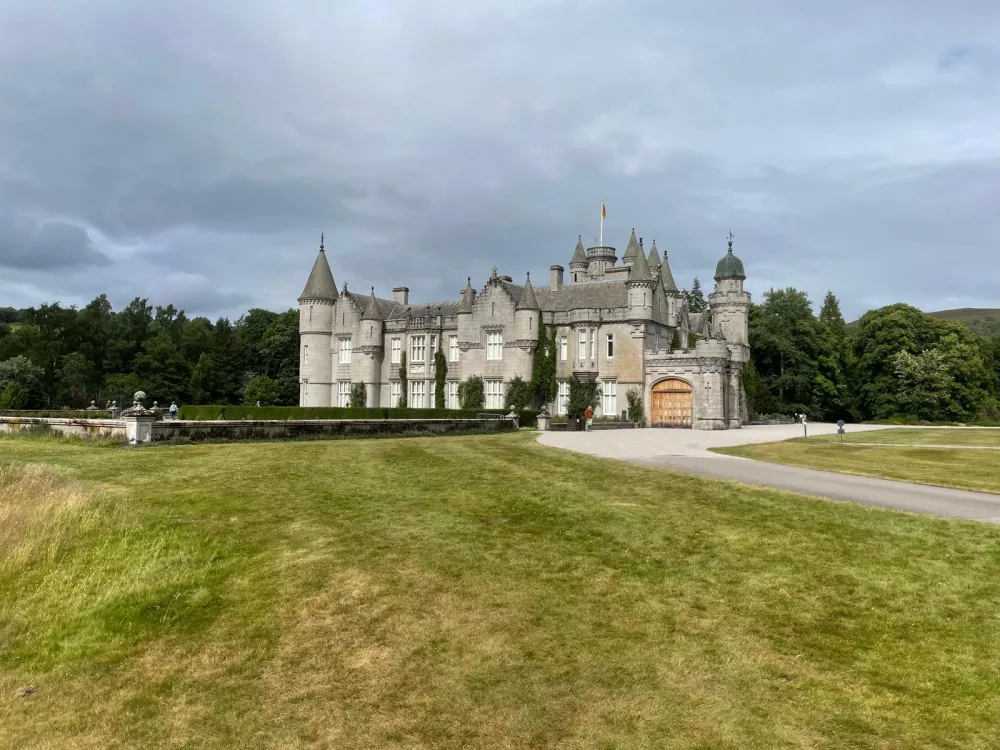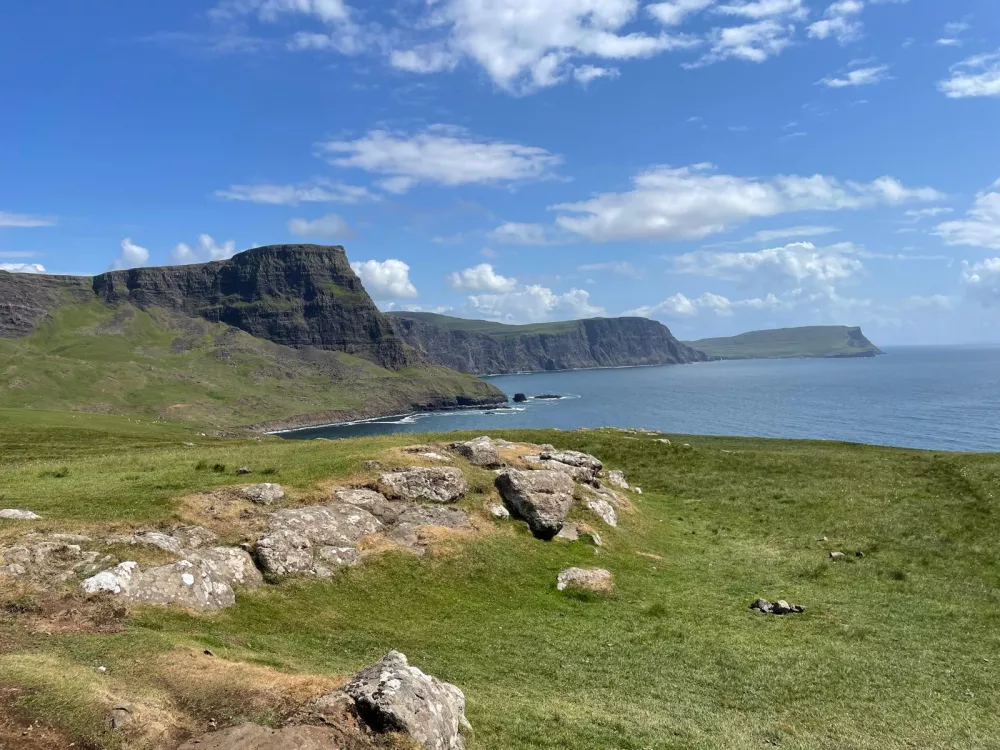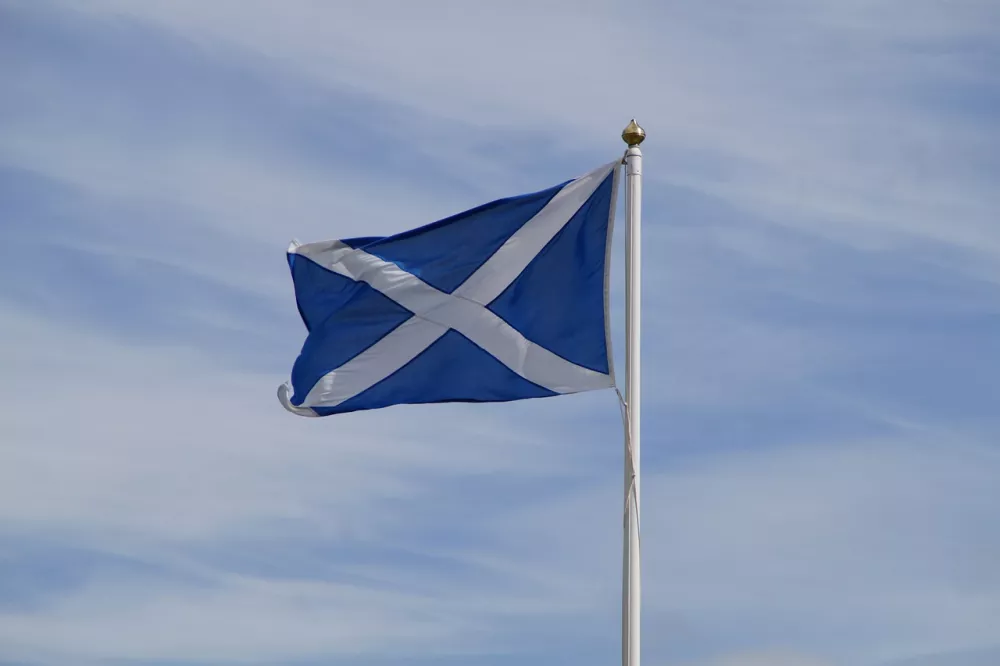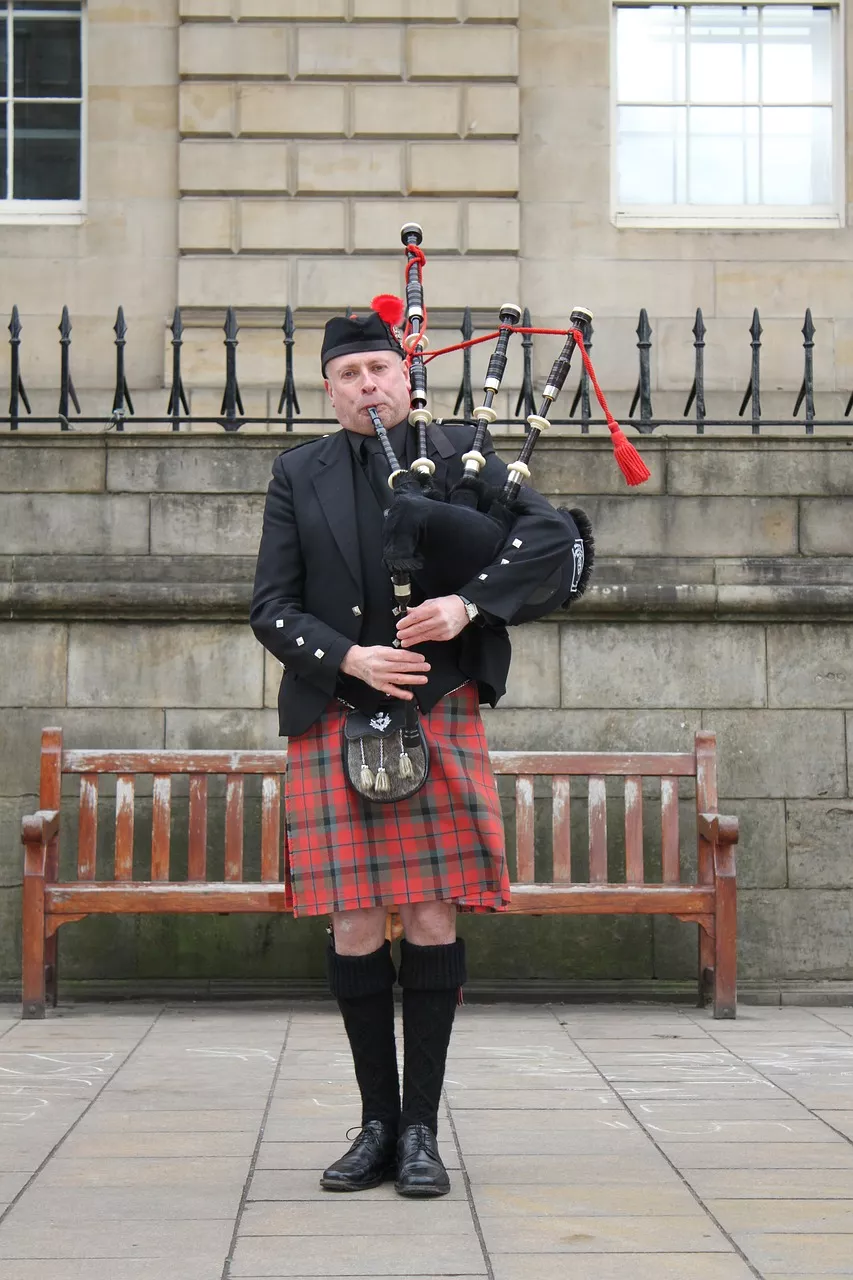Scotland guide 
A wild country full of rugged coastlines, mountains and cliffs, but also famous castles and chateaux. Among the most famous attractions of Scotland are Loch Ness and historic cities such as Edinburgh and Glasgow. The Isle of Skye attracts with its untouched nature. What will you choose?
Edinburgh - The capital of Scotland, famous for its historic centre, dominated by the majestic Edinburgh Castle on its rocky peak.
Glasgow - Scotland's largest city, known for its rich industrial history and vibrant cultural scene, including museums, galleries and music performances. With its friendly atmosphere and architectural gems such as St. Mungo's Cathedral, it attracts visitors from all over the world.
Isle of Skye - An island in the Inner Hebrides, renowned for its rugged natural beauty, the iconic Cuillin Mountains and Kilt Rock cliffs, it offers visitors mystical scenery, historic castles such as Dunvegan and a rich Gaelic tradition.

Scotland, one of the four countries of the United Kingdom, is located on the northern part of the island of Great Britain. It is famous for its rich history, beautiful landscape and unique culture.
Here you can admire a diverse landscape that includes mountains, deep valleys, lakes (lochs) and coastlines. The most famous mountain range is the Highlands with the highest mountain in Britain - Ben Nevis (1,345 m). Scotland includes many islands such as the Hebrides, Orkneys and Shetlands.

Scotland covers an area of approximately 78,000 km² and has a population of around 5.5 million.
English is officially spoken here, but Scottish Gaelic and Scots are also still used here.
Payment is made here in British Pounds (GBP).
Scotland is represented by a blue flag with a white cross of St. Andrew, known as "Saltire".

The capital city of Edinburgh is home to the iconic Edinburgh Castle.
The largest city of Glasgow is alive with musical and artistic life.
Scotland has a long and rich history, dating back to prehistoric times. The Picts and Celts lived here, then the Romans, the Vikings and the English. Scotland maintained its independence for a long time, but in 1707 it was united with England to form the United Kingdom. William Wallace, who led the fight against the English at the Battle of Stirling in 1297, and King Robert the Bruce, who won the Battle of Bannockburn, are significant historical figures.
Scotland has a very rich cultural tradition, including music, traditional dances (ceilidh), kilt skirts and bagpipes. Among the most important cultural and economic export products is Scotch whisky.

Although part of the United Kingdom, Scotland has its own parliament and a considerable degree of autonomy, particularly in the areas of education, health and the legal system. A referendum on independence was held in 2014, but the majority of voters voted against it.
Scotland offers a rich mix of nature, history and culture, making it a unique place not only within the UK but globally.